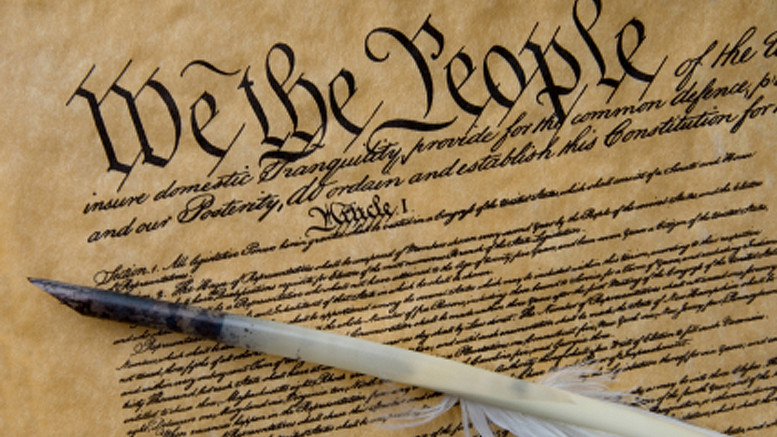Publius’s Political Science
John A. Ferejohn, Roderick M. Hills, Jr., New York University School of Law, February 1, 2016, NYU School of Law, Public Law Research Paper No. 16-03
Abstract: “Publius,” the collective author of The Federalist, was not just a polemicist and normative theorist but also a political scientist. We argue that the political psychology, and institutional predictions that comprise The Federalist are best understood as political science, because the predictions could be – and were – revised in light of “that best oracle of wisdom, experience” (Federalist 15). After outlining some “maintained hypotheses” about human nature that undergird The Federalist, we describe three respects in which James Madison revised, in light of post-1790 experience, Publius’ institutional predictions. The Federalist pressed the view that the national legislature would be the most powerful branch, requiring the Constitution to bolster the implied powers of the executive, limit states’ power, and dampen direct popular participation by the People themselves. After the successes of Hamilton’s initiatives demonstrated the potency of the Presidency during the 1790s, Madison radically revised all three of these institutional predictions, calling for limits on implied presidential powers, a broad construction of states’ reserved authority, and, most dramatically, popular participation through disciplined political parties. Rather than view these revisions as abandoning the political theory of The Federalist, we argue that Madison and Hamilton both retained Publius’s foundational normative assumptions, while revising their predictions about institutional behavior in light of the empirical evidence – precisely the proper response of an empirically oriented political scientist. In this sense, Hamilton’s and Madison’s post-ratification breach was less a retreat by either from Publius’ political theory and more a confirmation of the status of The Federalist as, in part, political science revised in light of political experience.
Number of Pages in PDF File: 47
[CI] Alternatively, the post-ratification change of perspective may actually illuminate some truths in the pre-ratification antifederalist arguments.



Be the first to comment on "Publius’s Political Science"